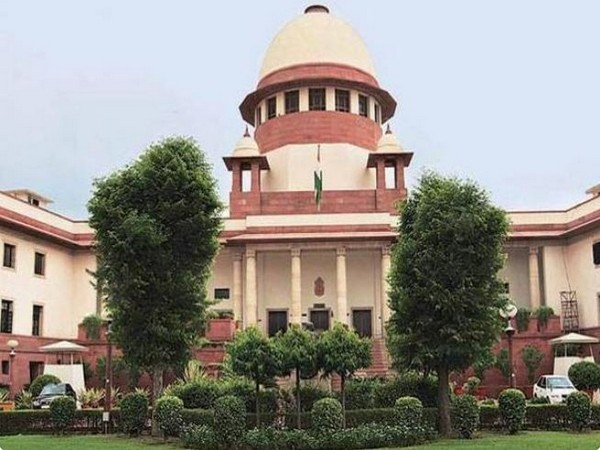Supreme Court Revisits Landmark AMU Minority Status Case
The Supreme Court has revisited the Aligarh Muslim University's minority status, overruling a 1967 decision. A fresh three-judge bench will assess AMU's minority institution status, considering its establishment and management dynamics, while government regulation won't infringe on its minority character.

- Country:
- India
In a significant development, the Supreme Court, by a 4:3 majority, has overturned the 1967 judgment on the Aligarh Muslim University (AMU), which had ruled that as a central university, it could not be classified as a minority institution. The court has directed that a regular three-judge bench will decide the minority status of AMU.
The bench emphasized that the determination of minority status hinges on who established the institution. Importantly, administration by non-minority members does not negate the minority character, according to the court's interpretation. The court further clarified that governmental regulation is permissible as long as it does not infringe upon the institution's minority character.
The Chief Justice presented the majority opinion in concert with Justices Sanjiv Khanna, JD Pardiwala, and Manoj Misra, whereas Justices Surya Kant, Dipankar Datta, and Satish Chandra Sharma expressed dissenting views. This ruling stems from a challenge to a 2006 Allahabad High Court verdict which denied AMU's minority status.
The 1981 AMU (Amendment) Act had reinstated the university's minority status, which was later nullified by the Allahabad High Court. Subsequently, the Congress-led UPA government appealed to the Supreme Court, with the NDA government later deciding to retract the appeal.
In 2019, the Supreme Court referred the case to a larger bench. During hearings, Solicitor General Tushar Mehta argued there was no concept of minority rights in 1920, the year the AMU Act was enacted. The Union government contends that a national institution cannot bear a minority status, contrary to inclusive education for all, particularly for reserved categories.
(With inputs from agencies.)
ALSO READ
SC overrules 1967 verdict holding that since AMU was central university it cannot be considered minority institution.
SC majority verdict lays down criteria for deciding AMU's status as minority institution.
Seven-judge Constitution bench headed by CJI D Y Chandrachud assembles to pronounce verdict on AMU minority status case.










